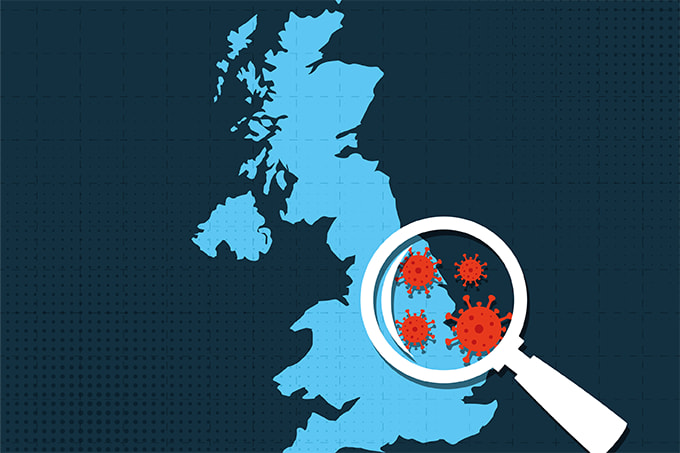A common approach to COVID-19 containment is the use of point-of-need testing, which allows communities to scale up testing when infection rates are high or new variants are detected. For many areas, however, this is easier said than done – especially those with fewer resources. To address this gap, a new study examined two recombinase-based isothermal techniques for SARS-CoV-2 detection (1). Because these methods don’t require expensive equipment or reagents (such as thermostable enzymes), they are much more suitable for use in resource-limited settings than other assays.
The two assays, reverse transcription recombinase polymerase amplification (RT-RPA) and reverse transcription recombinase-aided amplification (RT-RAA) evidenced similar diagnostic accuracy levels, with sensitivities of about 76 percent against target genes RdRP and ORF1ab and specificities of 94 to 98 percent. Combining N and RdRP targets in RT-RPA increased the assay’s sensitivity to about 85 percent – a promising start for more widely accessible COVID-19 testing.

References
- P Ghosh et al., Int J Infect Dis, [Online ahead of print] (2021). PMID: 34758392.




